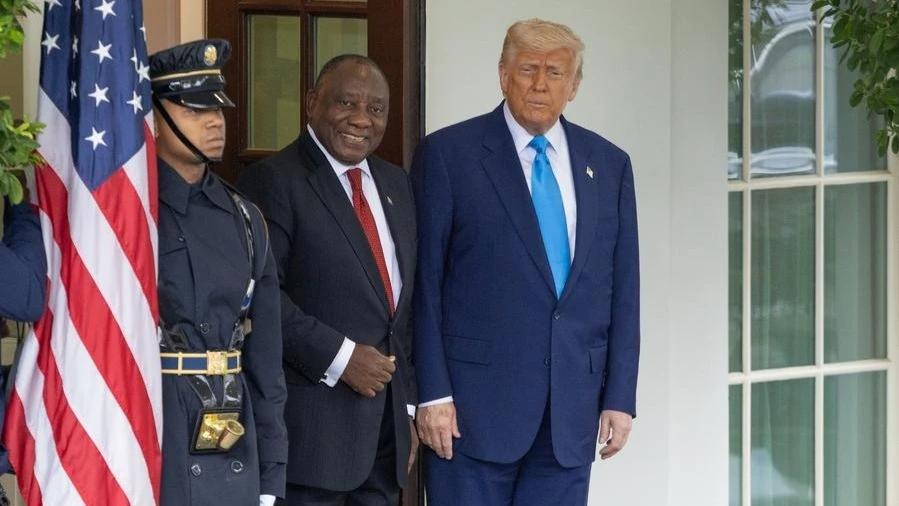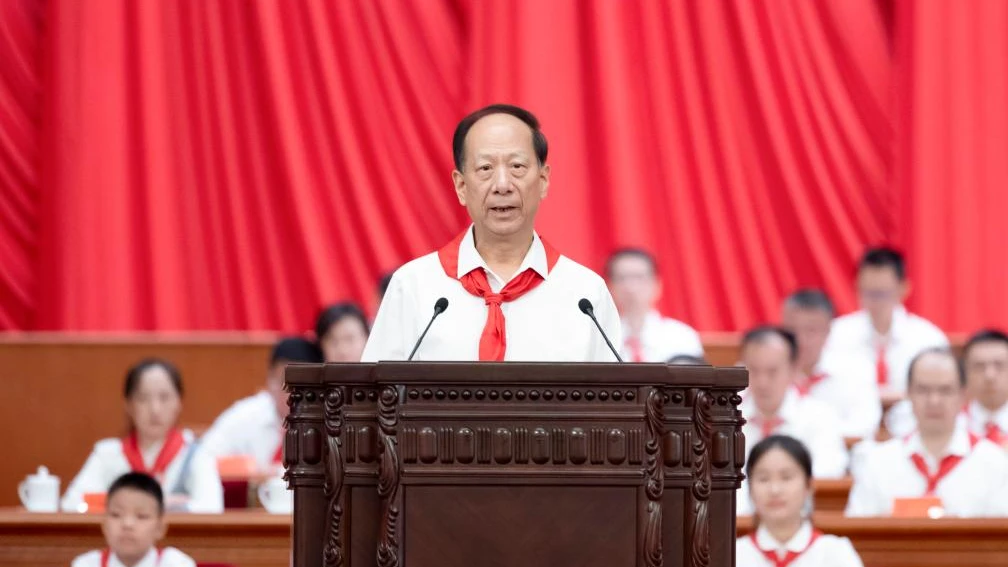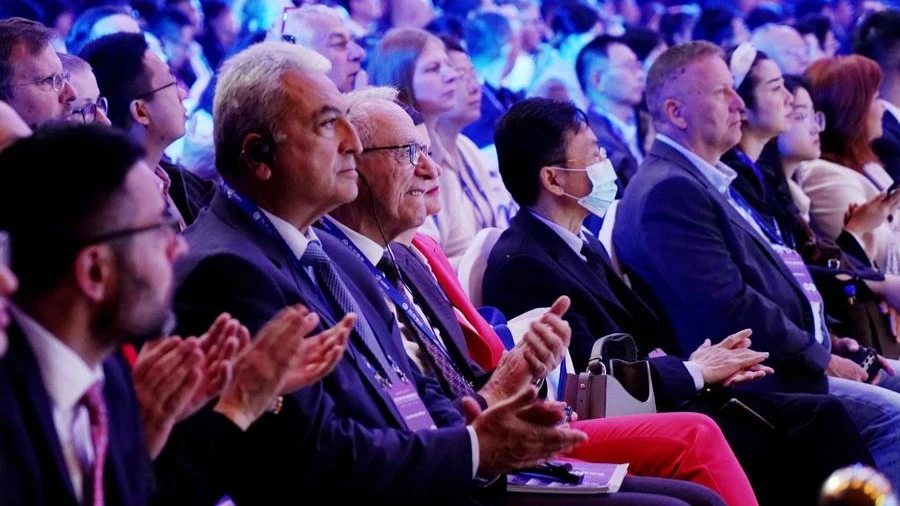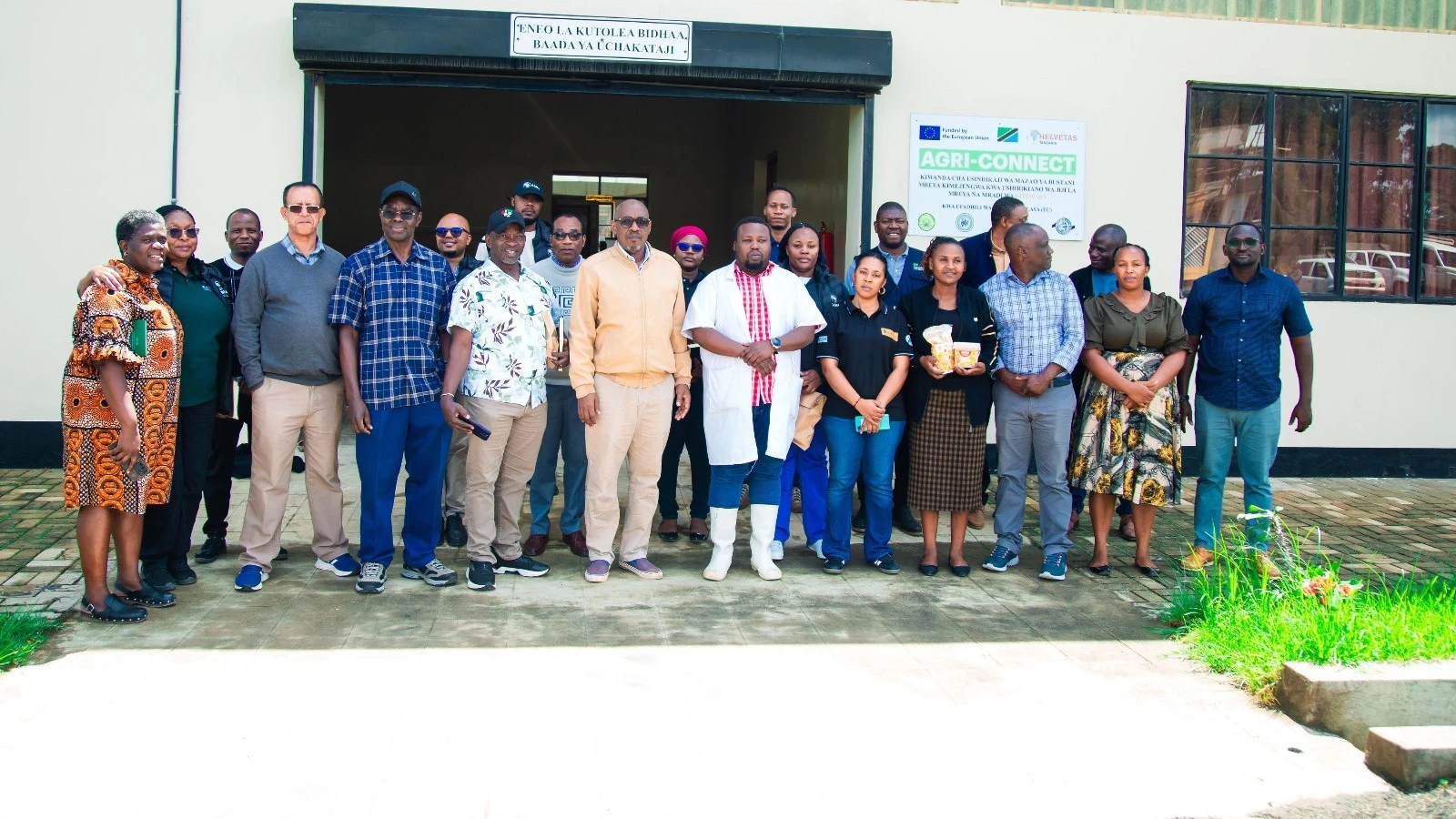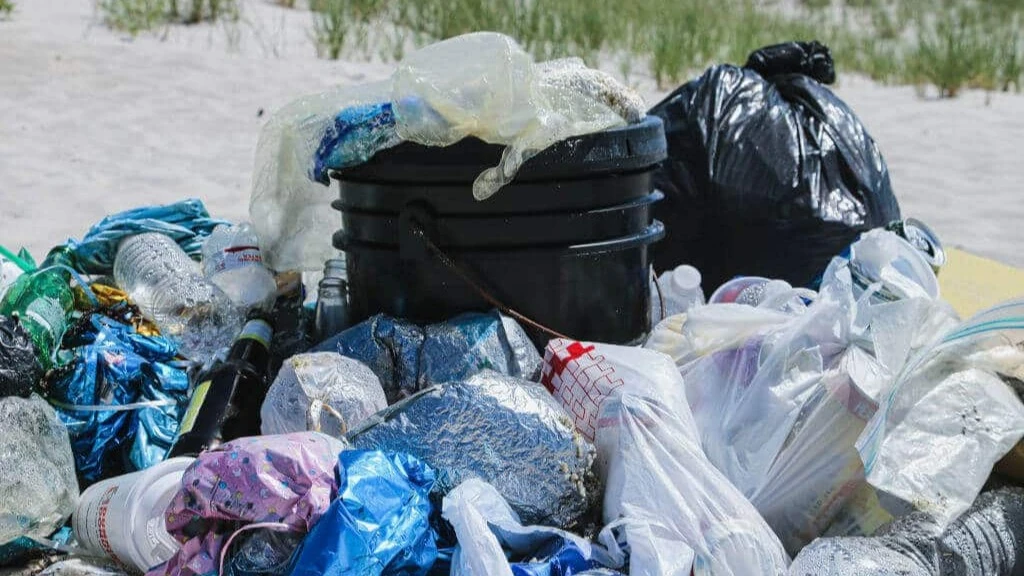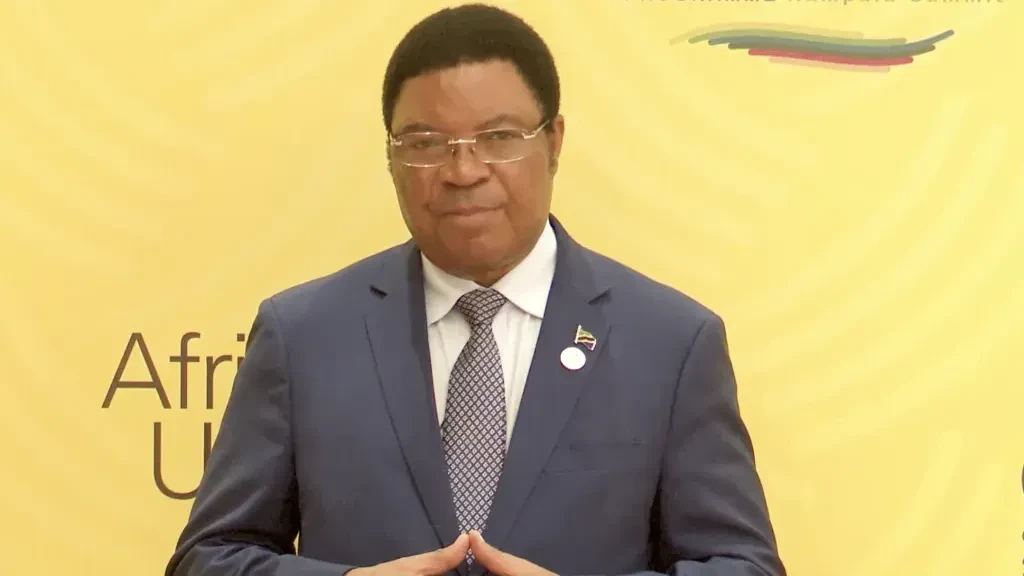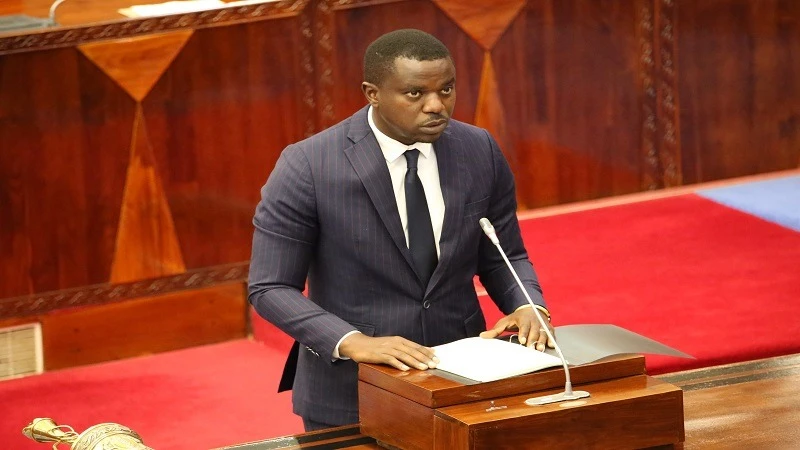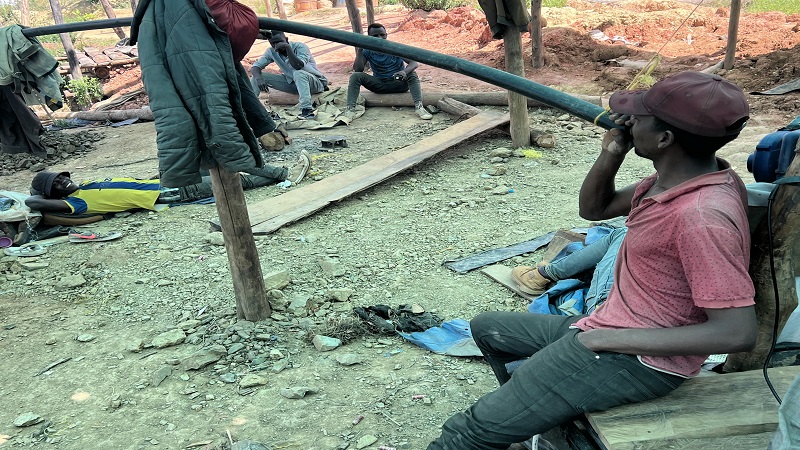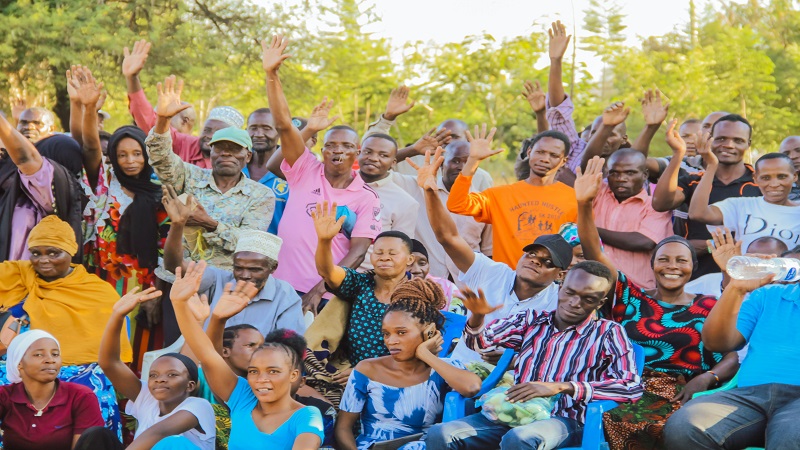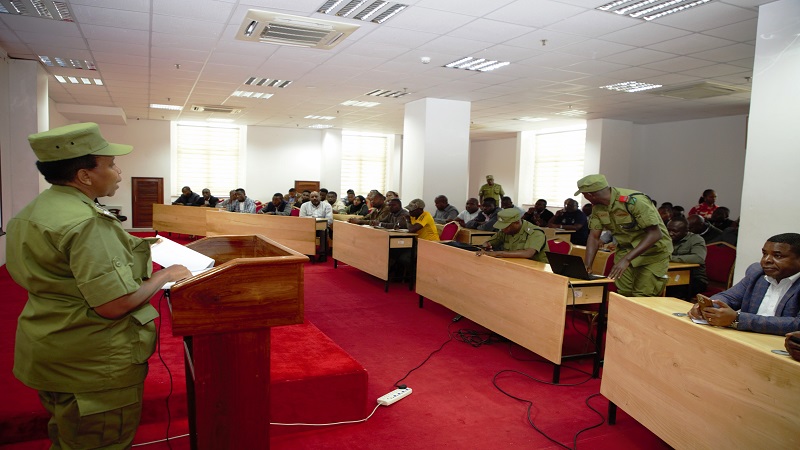GST set to conduct pivotal minerals research, 2025/26
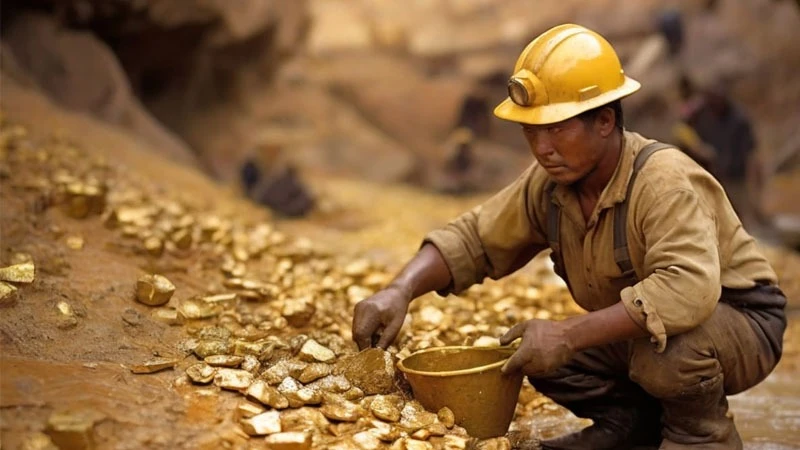
GEOLOGICAL and minerals research will take up a considerable portion of budgeted funds for the Minerals ministry in the coming financial year.
Antony Mavunde, the minister, made this observation in Dar es Salaam over the weekend at a press conference to set out the sector’s achievements during the past four years.
The funds are designated for conducting detailed geological surveys and building a modern mineral analysis laboratory, under the umbrella of the Grological Survey of Tanzania
The goal is to make GST a hub for mineral laboratory services regionally, to conduct various studies related to available minerals, with laboratories already beimg built in Geita and Mbeya regions in Chunya district to improve mineral analysis services.
A total of 224bn/- and is directed at institutions, especially the Geological Survey of Tanzania (GST) for conducting research, he said, underlining that amending the Mining Act last year has enabled the Bank of Tanzania (BoT) to purchase gold from local producers.
The Act now requires all gold mining license holders to allocate at least 20 percent of their production for BoT purchasing, with the central bank purchasing 3.7 tons of gold since last October, he explained.
‘At this stage, Tanzania is in a good position to be among the countries with the largest gold reserves in Africa,” he stated, citing the case of Algeria with 174 tons of reserves as the largest, with Mozambique in 10th place with 3.6 tons,
”We want to set strategies to be among countries with the largest gold reserves in the world,” he further noted, elaborating that small-scale miners currently contribute 40 percent of revenues from the mining sector.
The government has canceled 2,648 licenses and applications to enable small-scale miners to take up wider mining areas, he said, pointing at the State Mining Corporation (Stamico) as notable guardian of small scale miners, lining up 15 drilling rigs for rental services.
The corporation was generating ever higher revenues, from 1bn/- in 2021 to 84bn/- last year, enabling it to pay its own salaries, deliver dividends to the government and embarking on strategic projects in the coming financial year, he further noted.
The government was liaising with a number of banks for loan issuance to small-scale miners, he said, intimating that a measure of success has been noticed
A team of six experts comprised of private sector executives and government officials was looking into ways to t uplift small-scale miners, he said.
“Through the Credit Guarantee Scheme, a few will start benefiting and the hope is to spread the service to more people so that we can have large-scale gold miners who are indigenous,” he said.
Mining sector employment has increased, with 19,356 regularly employed, mostly local people, with those holding senior positions in mines providing essential services in the manufacture of mining equipment and stimulates the local economy, he added.
Top Headlines
© 2025 IPPMEDIA.COM. ALL RIGHTS RESERVED








